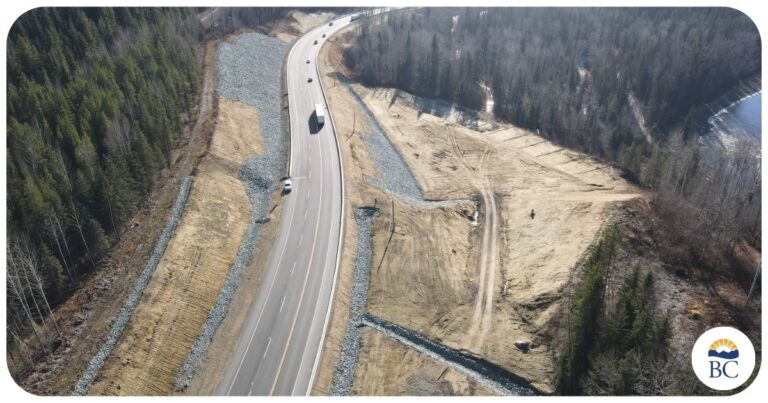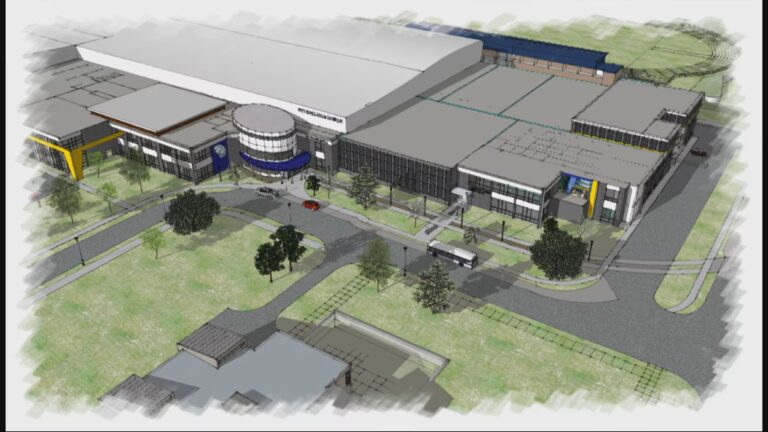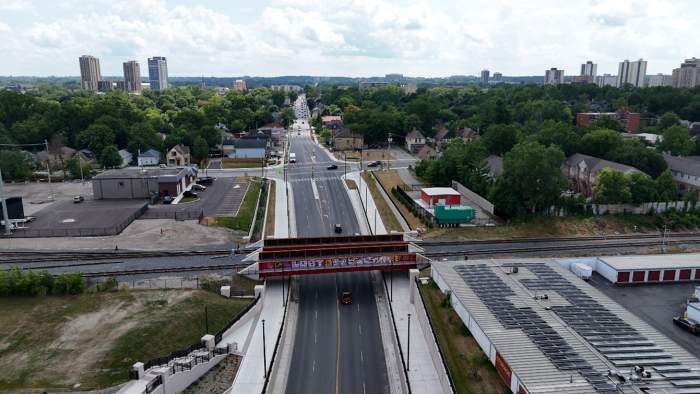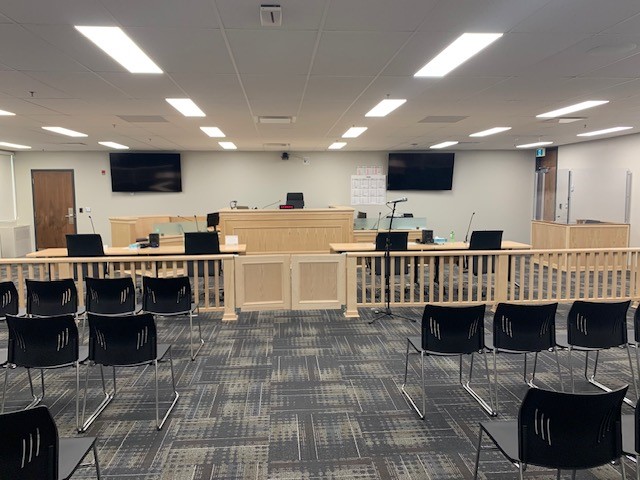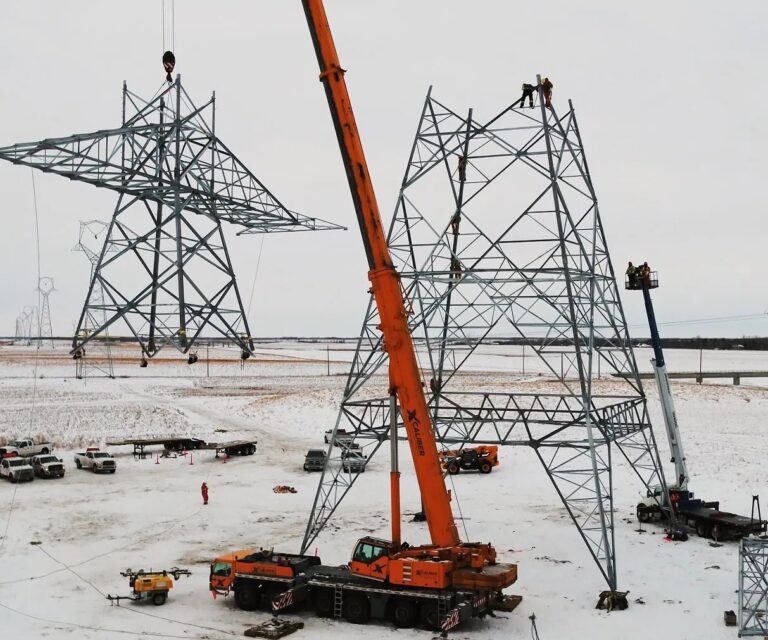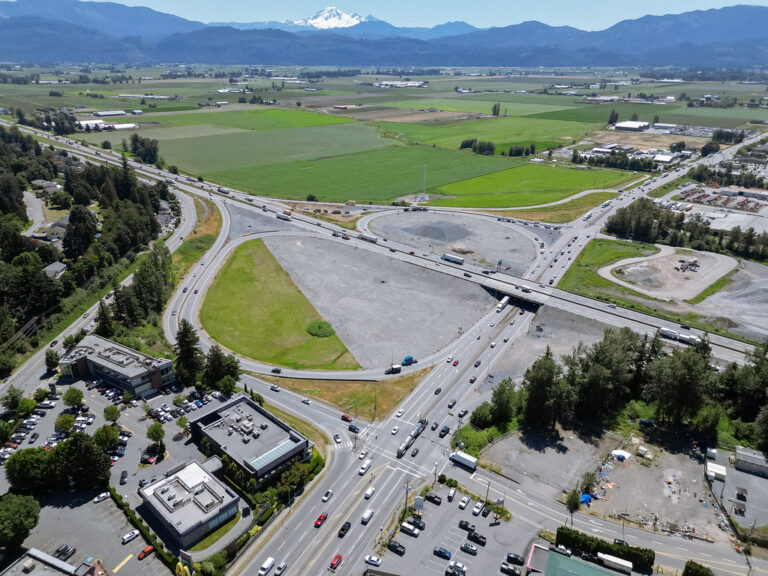The federal government announced significant commitments to infrastructure, housing, and productivity in the its 2025 budget.
“The global uncertainty we are facing demands bold action to secure Canada’s future. Budget 2025 is an investment budget. We are making generational investments to meet the moment and ensure our country doesn’t just weather this moment but thrives in it. This is our moment to build Canada Strong and our plan is clear – we will build our economy, protect our country, and empower you to get ahead. When we play to our strengths, we can create more for ourselves than can ever be taken away,” said François-Philippe Champagne, Minister of Finance and National Revenue.
Titled Building Canada Strong, the Budget focused on four main areas:
Housing, with an investment of $25 billion over five years
Infrastructure, with an investment of $115 billion over five years
- Trade and transport infrastructure ($5 billion)
- Indigenous communities and municipal infrastructure ($19 billion)
- Other infrastructure assets (e.g. health, innovation) ($37 billion)
- Core public infrastructure (e.g. water/wastewater, transit) ($54 billion)
Defence and security, with an investment of $30 billion over five years
Productivity and competitiveness, with an investment of $110 billion over five years
Budget 2025 also includes the new Build Communities Strong Fund, which will invest $51 billion over 10 years, followed by $3 billion per year ongoing, to revitalize local infrastructure.
The program will include:
A community stream that will provide $27.8 billion for local roads, bridges, water systems, and community centres – getting the basics right and helping towns and cities grow.
A provincial and territorial stream that will provide $17.2 billion over 10 years to support infrastructure projects and priorities in housing, health care, and education. This could include transit infrastructure, colleges, universities, medical schools, and water and wastewater facilities.
From this stream, $5 billion over three years will be dedicated specifically to a new Health Infrastructure Fund, upgrading health infrastructure such as hospitals, emergency rooms, and urgent care centres.
A direct delivery stream that will provide $6 billion to support regionally significant projects, large building retrofits, climate adaptation, or community infrastructure. This could include clean-energy generation and storage projects, flood protection, and new community and recreational spaces.
“Budget 2025 is an investment budget – a confident Canada taking control of its own future. Central to that mission is building local infrastructure, so we can empower Canadians with faster commutes, better careers, and lower costs. With a new investment of over $50 billion, we are building stronger communities to build Canada strong.” said Prime Minister Mark Carney.
Budget 2025 also proposes to provide $213.8 million over five years, starting in 2025-26, for the Major Projects Office. Funding will also support the Indigenous Advisory Council. Of this amount, $19.8 million will be sourced from existing departmental resources.
The federal government also signaled its intention to amend the Canada Infrastructure Bank Act to increase the Canada Infrastructure Bank’s statutory capital envelope from $35 billion to $45 billion and to enable the Canada Infrastructure Bank to make investments in any nation-building projects that have been referred to the Major Projects Office, regardless of sector or asset class, as long as they fall within the Bank’s legal mandate. This will unlock more projects with the partnership of private investment.
Industry reaction was cautiously optimistic.
“Canada has underinvested in critical infrastructure for decades,” said Rodrigue Gilbert, president of Canadian Construction Association. “These investments reflect the essential role of housing-enabling infrastructure in addressing the national housing shortage and committing substantial resources to these projects.”
“The 2025 Federal Budget provides reason for optimism for Canada’s construction sector, with policy reforms and funding offering the potential to boost Canada’s infrastructure. Sustained follow through and reforms that reflect the day-to-day frontline realities of our members will need to be seen if these measures are to yield improvements for Canada, paired with acting expeditiously to get funding allocated to projects and shovels in the ground,” said Nadia Todorova, executive director of the Residential and Civil Construction Alliance of Ontario (RCCAO).
“This budget acknowledges the acute need for resilience and community investment,” said John Gamble, president and CEO of ACEC. “The Build Communities Strong Fund will help address Canada’s infrastructure deficit while empowering local governments to deliver the housing, transportation, and health facilities Canadians urgently need. It recognizes that within our communities, all projects are major projects.”
But as the voice of over 1,000 construction companies across the Lower Mainland, VRCA cautions that while the government’s commitments are bold, turning ambition into action will require serious coordination on the ground.
“Budget 2025 is a big moment for Canada’s construction industry and for the Lower Mainland,” said Jeannine Martin, president, Vancouver Regional Construction Association. “The investments are bold, and the direction is right – but turning ambition into action will take timely permits, fair procurement, and a workforce ready to build.”
Featured image: (Government of Canada)




